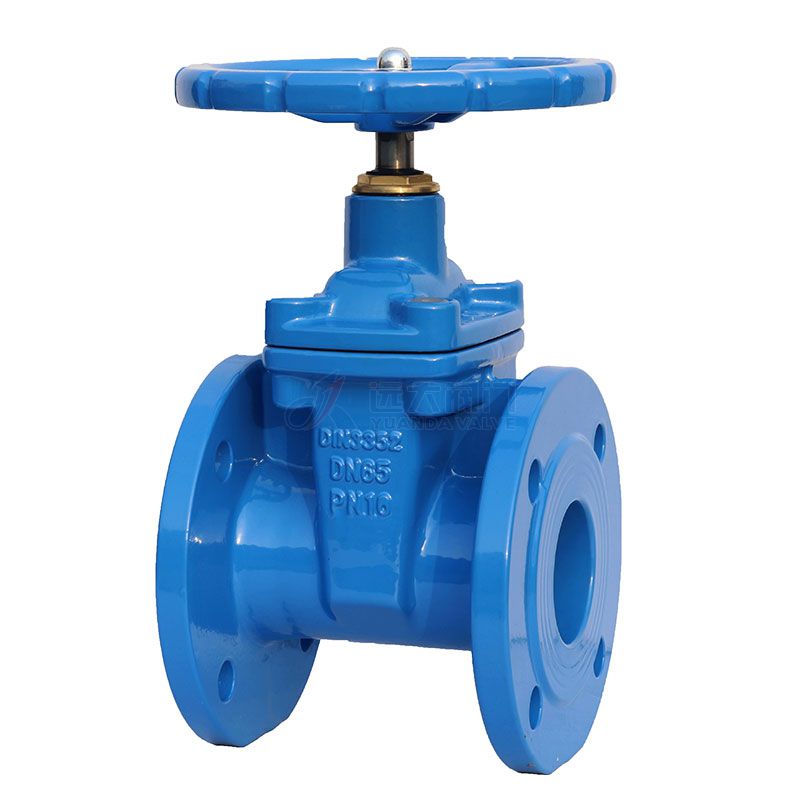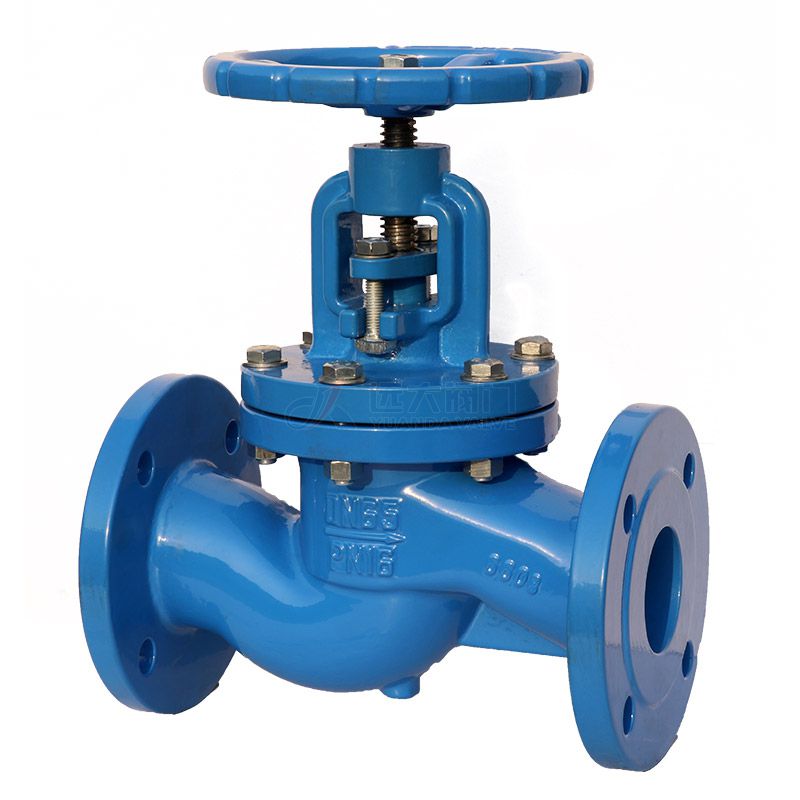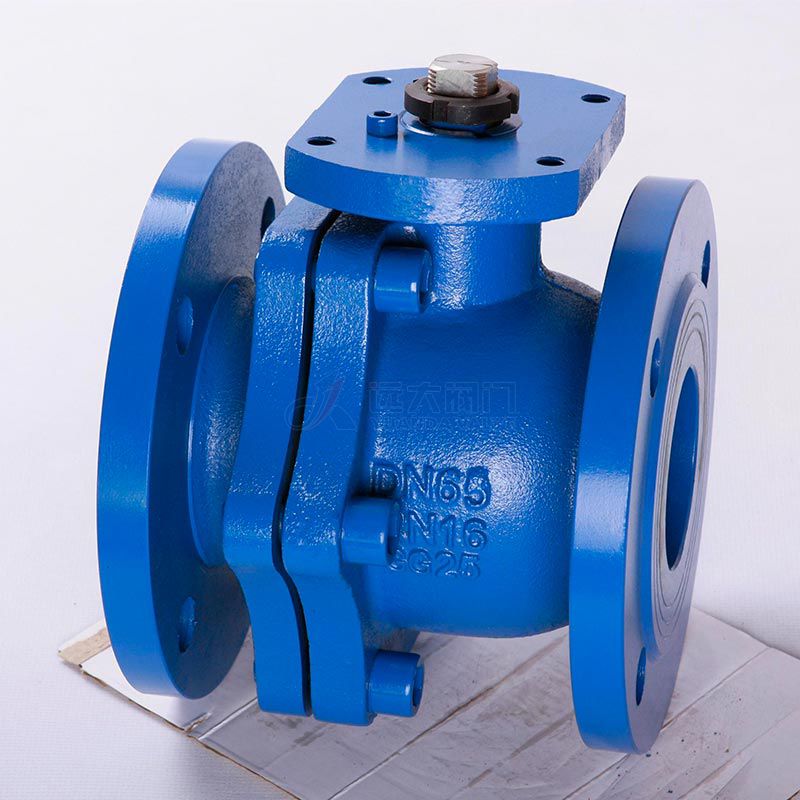In petrochemical and refining operations, valves are subjected to extreme pressure, temperatures, and corrosive environments. Inadequate valve solutions can result in unplanned downtime, safety hazards, and significant economic losses. According to industry estimates, valve failures in high-pressure/high-temperature (HPHT) applications account for up to 40% of unplanned shutdowns in refineries.
1.Severe Operating Environments: Petrochemical plants often see upstream temperatures > 400 °C and pressures above 100 bar. A major concern is High‑Temperature Hydrogen Attack (HTHA), which degrades steel strength and can lead to failures if valves are not robustly designed
2.Consequences of Failure: Valve failure can cause overpressure, leaks, plant shutdowns, or fires. Designing valves with resilient materials, advanced sealing structures, and proper pressure class compatibility is critical for safe operation .
Common valves in petrochemical HPHT service include:
Gate Valves: Provide tight shut-off with minimal pressure drop—ideal for pipeline isolation lines

Globe Valves: Offer precise throttling control, invaluable in feed and bleed or control loops

Ball Valves: Known for fast quarter-turn operation and reliable sealing—can handle pressures up to 1000 bar and temperatures up to 750 °F

Yuanda's HPHT valve lineup includes API 600 cast steel gate valves (150–900#), API 602 forged valve series, API 6D ball valves, and API 609 butterfly valves, all suitable for extreme process conditions.
To endure HPHT and corrosive environments:
Carbon/Alloy Steels (WC6, WC9, WCC) for high-temperature strength
Stainless & Duplex (CF8M, CF3M, duplex) for corrosion resistance
High-nickel alloys (Inconel, Monel) for critical acid/chloride service
High-performance PTFE, PEEK, Viton, and graphite packing sets ensure reliable sealing under HPHT conditions
Modern HPHT valves include essential design enhancements:
Double Block & Bleed: Enables safer isolation by isolating both upstream and downstream flows
Fire-Safe Certified Construction: Meets standards like API 607 for emergency resilience
Anti‑Blowout Stems: Prevent stem ejection under high differential pressure
Pressure Balancing & Creep Resistance: Designs that counter thermal expansion ensure longevity
Yuanda’s HPHT valves comply with stringent international standards:
API 600, 602, 6D, 609 – High-pressure service valves
ASME B16.34 – Pressure-temperature ratings and materials compliance
ISO 9001 & API 6D Quality – Ensures manufacturing traceability and process control
Yuanda operates an in-house provincial testing center with equipment for mechanical, high-/low-temperature, and leakage tests, accelerating certification clearance .
Materials: Comprehensive range—WCB, WCC, WC6, WC9, CF3/3M/8/8M, 1Cr5Mo, duplex, Inconel, Monel
Production Capacity: Over 150,000 tons/year across 4,000+ valve specs; robotic and automated production ensures quality consistency
Major Clients: PetroChina, Sinopec, CPC, Sinochem—reaffirming trust in high-pressure valve performance
Use the following checklist when specifying HPHT valves:
| Criteria | Recommendation |
|---|---|
| Pressure & Temperature Ratings | Confirm ASME/API sizing for design plus surge conditions |
| Material Compatibility | Include NACE and HTHA resistance; match trim to avoid failure |
| Advanced Seating & Sealing | Choose designs meeting API/fire-safe specs |
| End Connections | Prefer socket/butt-weld or ANSI flanged for leak integrity |
| Testing & Certification | Insist on API 6D, ISO 9001, and internal leakage testing data |
| Field Testing & Maintenance Planning | Include regular leak, stem, seat inspections in maintenance schedule |
In the demanding environment of petrochemical plants, HPHT valves are mission-critical. By selecting valves from Yuanda Valve Group—designed with advanced materials, rigorous standards, and proven field performance—refineries can optimize safety, reliability, and efficiency. Whether it's gate, globe, ball, or butterfly valves, Yuanda covers the full spectrum of HPHT applications with certified solutions.